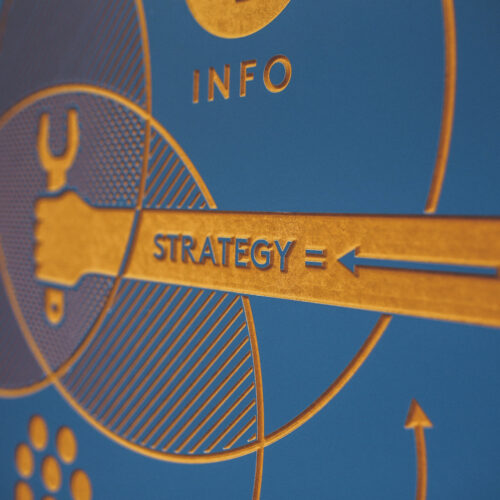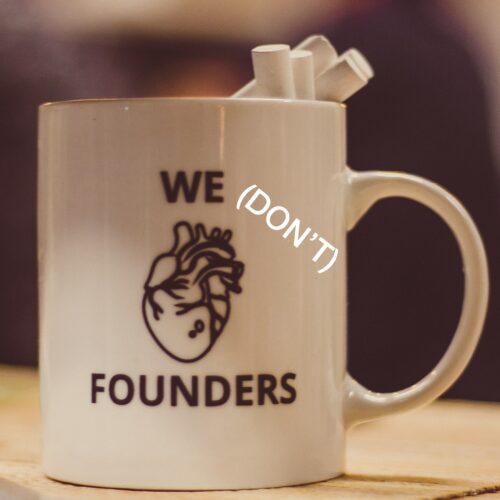Also known as ‘The Fellowship of the Bling’, our Funders Circle (FC) is a self-organised collective of rad donors that fund our work. This post offers a glimpse at the inner dynamics of this group, currently consisting of nine individuals, to render visible what happens in the usually opaque underbelly of foundations. If you are interested in why we are transitioning towards a collectivised model of resourcing our work and how this connects to fundamental updates in our governance, check out this piece.
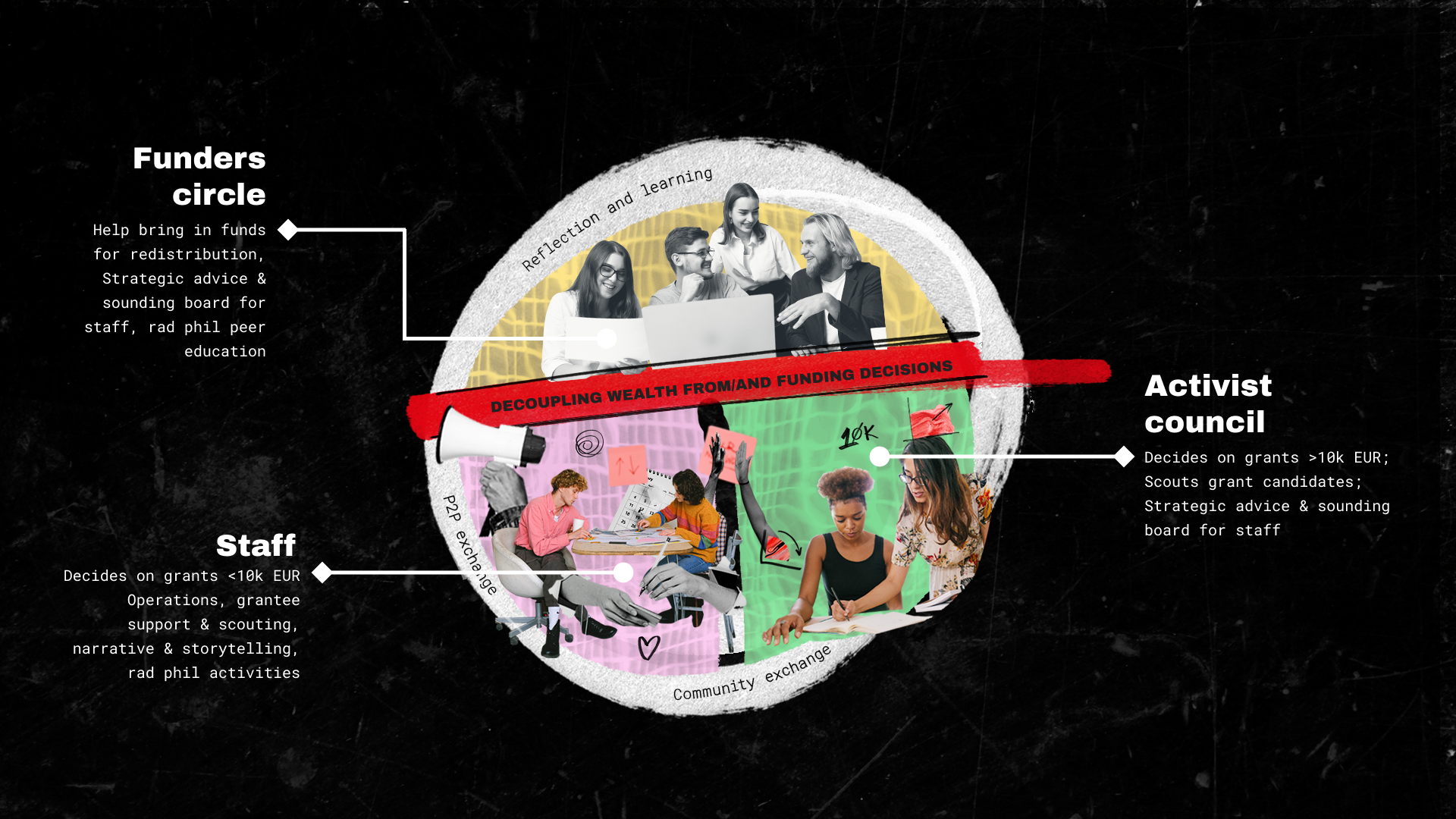
Background
At the end of last year, our founder (and until then only funder) Toni was ready to step back from the traditional philanthropy model that concentrates most strategic and grantmaking decisions in the hands of wealthy elites (read more about his process here). This was the starting point for the team to bring the idea of a circle of funders to life. We had already built a good network of relationships in the past years through several activities geared at engaging the uber-wealthy: we supported the set up of Resource Justice and Resource Transformation, offered apprenticeships and advisory board spots to wealthy individuals interested in a deep exposure to our ideas about radical philanthropy, and organised a series of ‘Rad Phil’ meetings for a small community of (emerging) philanthropists. So when we announced our openness for donations to that network, a few individuals came forward, interested in helping us grow the amount of resources we are redistributing into the European grassroots social movement ecosystem.
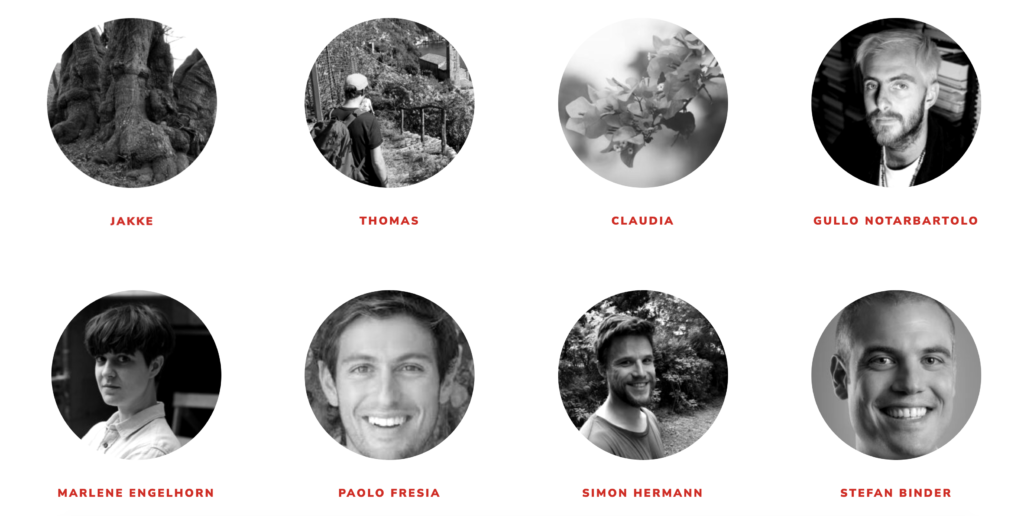
Our initial ask was a contribution of minimum 50k EUR/year for a minimum duration of two years, to support our participatory governance trial until the end of 2023. While in numbers it may not seem much compared to other foundations, bringing in eight additional donors to our Funders Circle allowed us to nearly double our program budget in the span of a couple of weeks. Yet, the increase was not too steep so as not to overwhelm the organisation operationally and allow the team to focus on updating nearly all of our internal processes with the new governance structure.
Trying to address the wealth-power nexus in philanthropy
Next to highlighting our thoughts on funding grassroots systems change efforts, the essential component of our invitation to join the FC was along the lines of ‘give us money while giving up power’. If that sounds appealing to you reader, and you vibe with our ask, then do get in touch! Unlike in other funder collaboratives*, funding us does not come with an offer of a seat at the decision-making table.

By not offering decision-making power in return for funding, we are decoupling wealth from power and addressing a major conflict of interest in philanthropy that’s hardly ever talked about: “People with wealth and privilege (as well as their agents from the Professional Managerial Class) have a major disincentive to fund activities and groups that fundamentally challenge the basis of their wealth and power, i.e. the oppressive systems of classism, racism, sexism and the neoliberal capitalist model of wealth extraction from people and planet.“ This is a highly consequential conflict of interest that dwarfs any conflicts of interest we might have to deal with when operating our participatory grantmaking model (more about our Activist Council and their work here).
How does the Funders Circle work?
As mentioned above, our intention is to build a largely self-organised funders space where individual members can get active and tailor the space to their needs and wishes in their quest of becoming more radical donors.
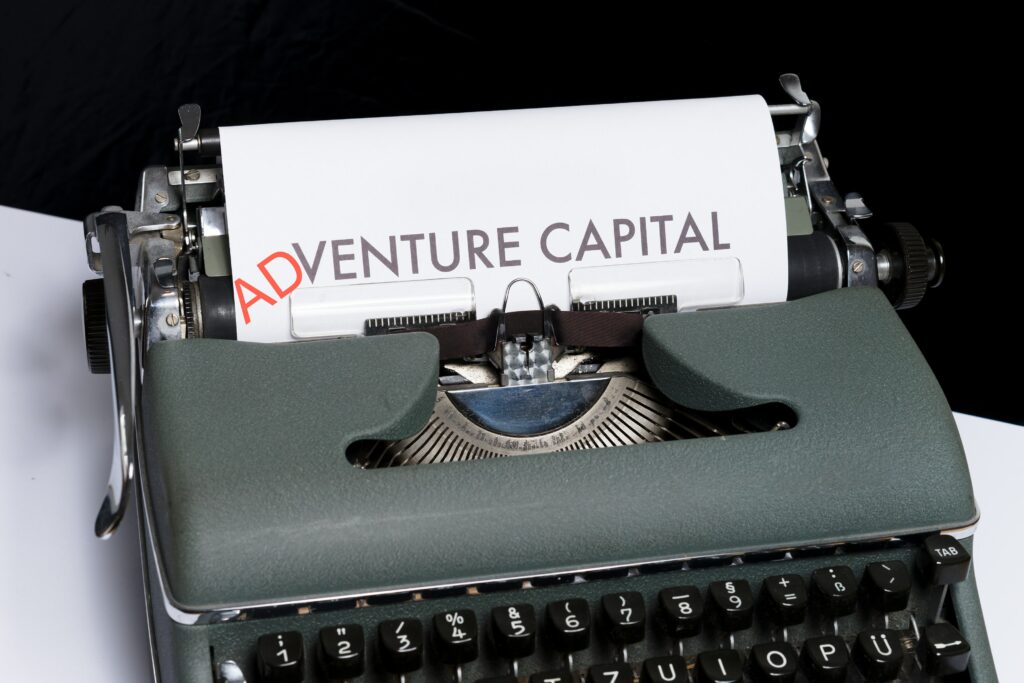
The FC got together for a first meeting in which they decided to go ahead with a quarterly meeting schedule and rotating facilitation. These calls are funders-only spaces but the team or Council members might be invited to provide input. The main aim of this space? To share and jointly reflect on questions and future avenues for radical philanthropy In the FC meetings, funders also decide who from their clan participates in events such as the annual Guerrilla Kiki (5 staff, 5 activist council members, 5 funders) or the annual strategy meeting (team, 3 funders, 5 activists). Besides the group sessions, they hold regular one-on-one meetups with the goal to get to know each other better and slowly build trust for mutual accountability to develop.
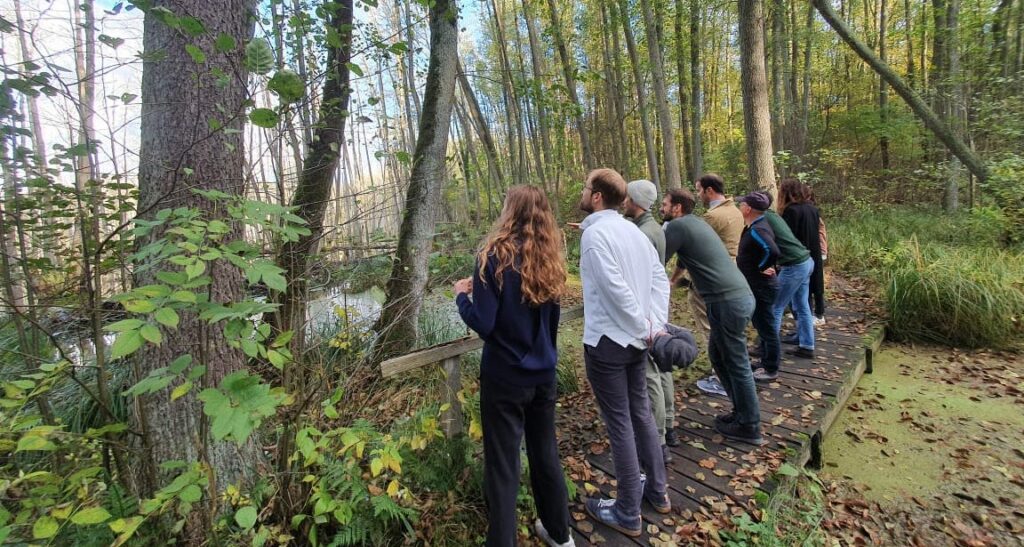
Funders equally participate with Activist Council members in the Staff Liaison Committee (SLC, 3 funders, 3 activists) that receives quarterly operational and budget updates from the staff outside of the annual strategy meeting and is consulted on HR decisions. The SLC also acts as a sounding board and last resort conflict resolution body for the Guerrilla team and conducts one HR meeting per year with every team member.
So far so good?
We proved our initial hypothesis that there is wealth in this world that wants to be uncoupled from the usual levels of power that come with it. It is possible to fundraise on a redistribution agenda that separates wealth from decision-making power. We are, however, still waiting to see individuals completely withdrawing from their wealth and giving it up for redistribution (like Farhad Ebrahimi is doing). Many of our funders could redistribute multiples of what they are currently committing and those with foundations could be sunsetting them.

We are also painfully aware that we are only targeting those who voluntarily redistribute. This won’t solve the fundamental need for wealth taxation and other systemic questions in the face of exorbitant wealth accumulation. We therefore also see our funders circle as a space where individuals with privilege who are willing to raise these political questions have the chance to connect and can get inspired to be more outspoken about their thoughts and political demands in that direction.
Finally, the wealth-power decoupling is never complete. There are many invisible ways in which funders’ interests and their ability to pull out the money/not keep funding us in the future shapes our thinking and decisions. Working towards multiple-year, larger funding commitments and a diverse funder base is one way to address this, even though there will always be dependence and uncertainty. The more promising path to address this issue seems to be building a self-organised funder space where individuals can and do hold each other accountable for walking the talk, their activist work becomes bringing in other peers, and escalating their commitment to fund radical systems change that will – ultimately – make wealth like theirs impossible. It remains to be seen whether this is something our funders circle can become.
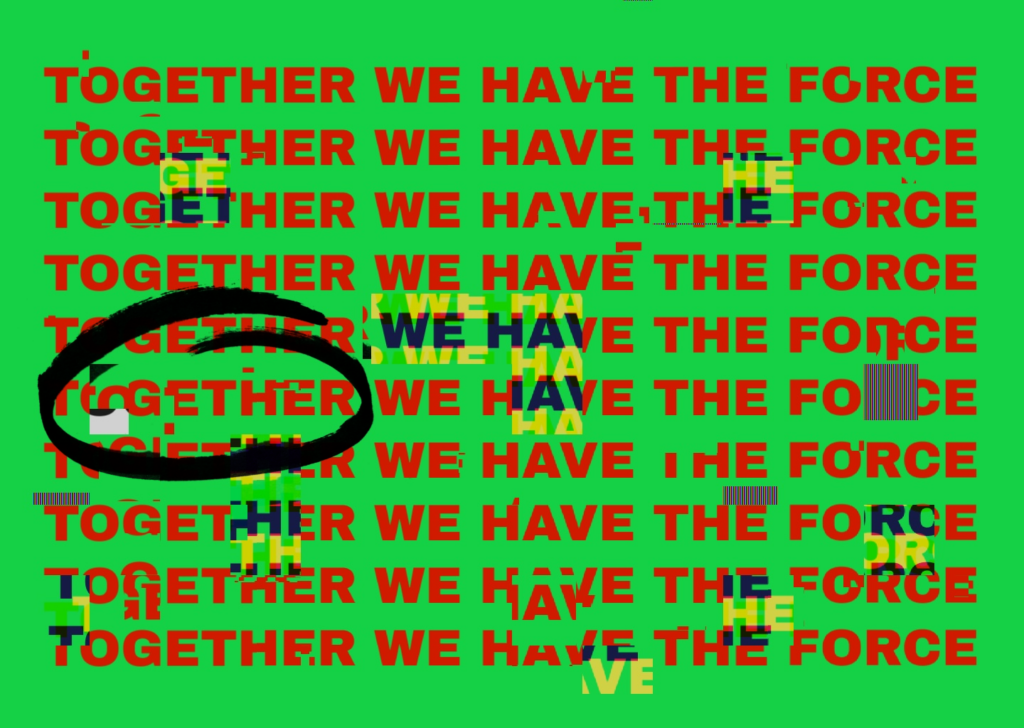
* I recently spoke to an issue-specific globally-operating pooled fund and found it dazzling to learn that literally every contributing funder participates in their grantmaking, resulting in 20+ foundation executives and wealthy family members deciding about grant allocation in places such as South-east Asia (mind you that most of them are US based and have no issue expertise whatsoever). This was not our idea of what our funders circle should be like!

